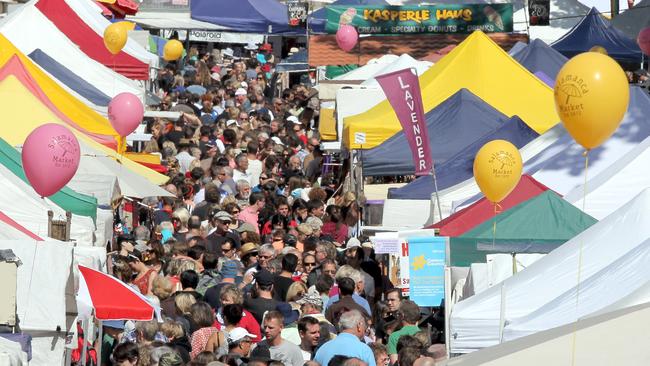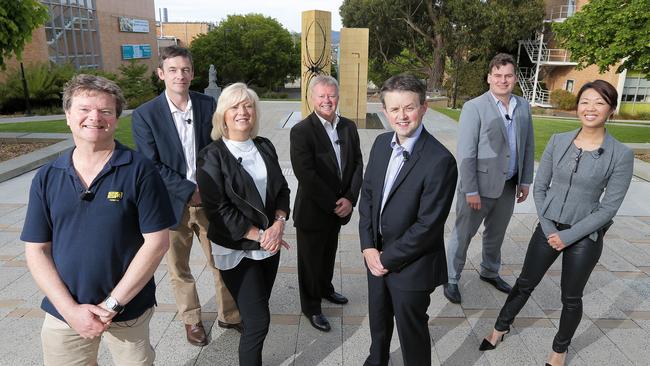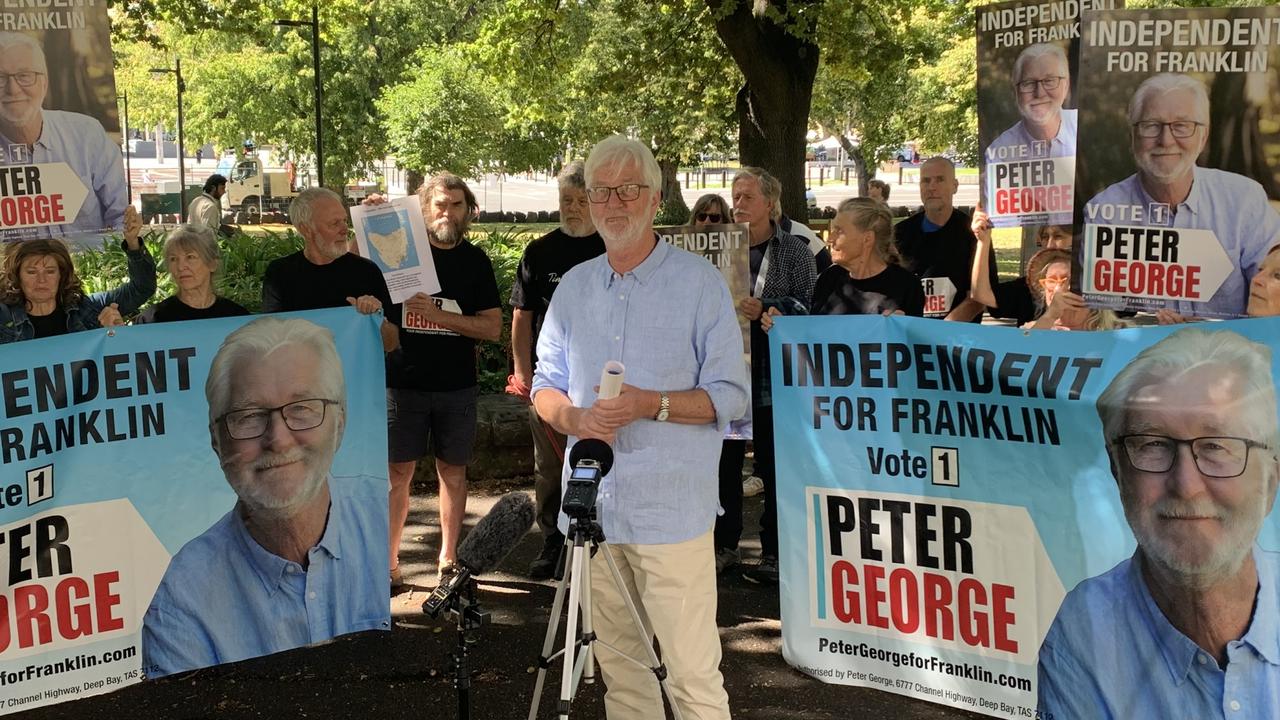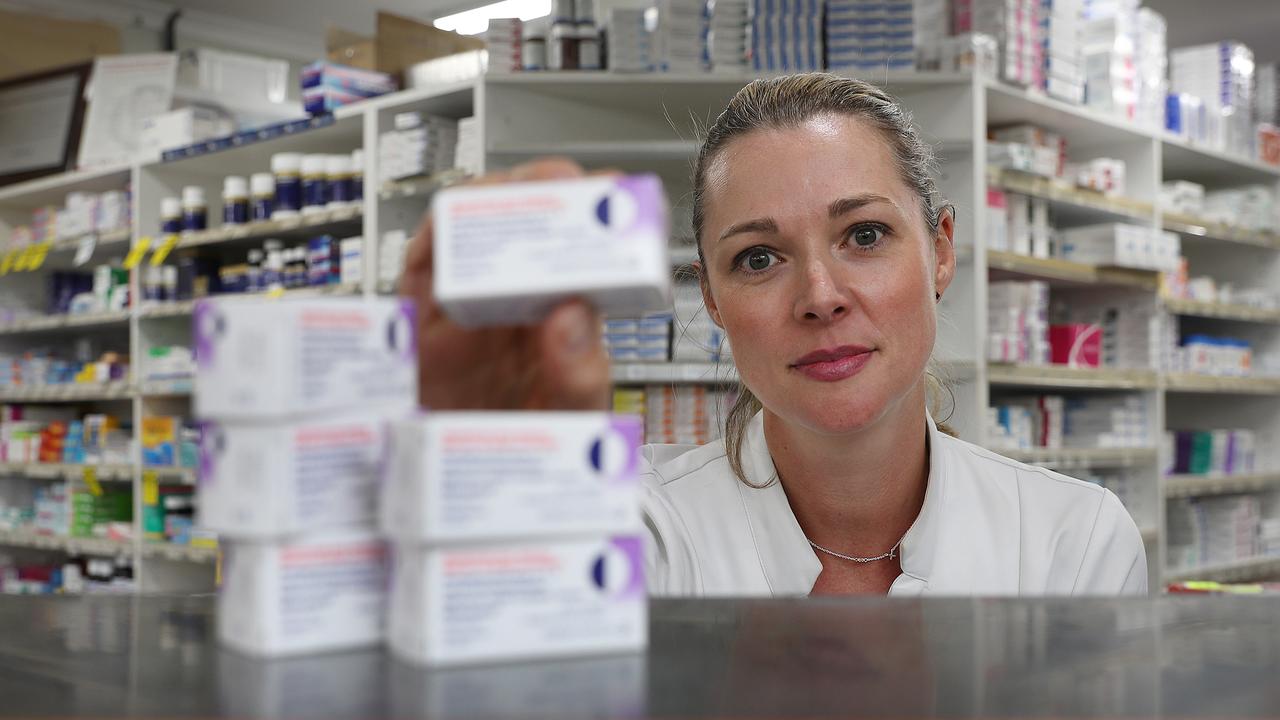Tourism’s skill shortage alert
A LACK of skilled workers and poor regional infrastructure were some of the biggest issues facing Tasmania’s tourism industry, a public forum in Hobart has heard. .

Tasmania
Don't miss out on the headlines from Tasmania. Followed categories will be added to My News.
A LACK of skilled workers and poor regional infrastructure were some of the biggest issues facing Tasmania’s tourism industry, a public forum in Hobart has heard.
About 200 people attended last night’s Our Place, Our Future forum — a partnership between the Mercury and the University of Tasmania — to discuss the future of the state’s tourism industry.
The forum, which included experts such as Luke Martin and Rob Pennicott, heard that the industry was facing a critical shortage of skilled workers.
Co-owner of Launceston eateries Stillwater and Black Cow Bistro Bianca Welsh said attracting people to hospitality and tourism careers was crucial. “It’s been tainted as being a gap job so getting the message out there that it takes a lot of skill to work in hospitality is important,” she said.
The forum also heard:
INFRASTRUCTURE upgrades were needed in order to grow the industry. For example — the gravel road to Hasting Caves in the far south does not allow tourists in hire cars to access the attraction; there is limited phone coverage in tourism hot spots on the east and west coasts; there is an overall lack of free Wi-Fi around the state.
AIR and sea access need to increase to bring more tourists. Qantas is growing its capacity into Hobart by more than 30 per cent from March next year with extra Sydney and Brisbane flights.
Community engagement is essential, Mr Pennicott said.
“We’ve got to be sure as an industry that we move forward with the support of the Tasmanian community because without that I don’t think we’re sustainable into the future.”
New tourism experiences such as the Three Capes Track are needed to continue to attract attention to Tasmania, the forum heard.
The forum came on the same day a national report predicted Tasmania would need at least 2000 more skilled workers in the next five years to fill demand in the booming sector.
The report on the Australian Tourism Labour Force by Deloitte Access Economics revealed an existing shortage of 38,000 workers in the industry across Australia, with the need set to grow at a rate of 4.1 per cent a year.

It predicted that at least 123,000 more workers would be needed across the country by 2020, including 17,000 more kitchen hands and nearly 14,000 waiters, as well as cooks and cleaners.
Inexperienced or unskilled applicants were the main problem, said the report, along with fewer overseas workers and rapid growth in the sector.
Tasmanian Hospitality Association general manager Steve Old said the skills shortage was most acute in regional areas.
“There’s chef shortages in Hobart and Launceston so you can imagine what it’s like as you get further out, there’s far deeper problems,” he said.
Tourism Industry Council of Tasmania chief executive Luke Martin said working in tourism was a fantastic career path.
“I reaffirm that for young people or for people looking for a career change they should have a serious look at tourism and hospitality in Tasmania,” he said.
“We have a number of new hotels opening in Hobart in the next few years and they’re going to need a lot of staff.
“Similarly in the regional areas they’ll be looking for skilled people who know the bush, have outdoor skills and have a good rapport with people. “The challenge is the salary needs to be competitive, because the same skills we look for are also being looked for in aged care or community service or retail.” Tasmanian Senator and federal Tourism Minister Richard Colbeck said the industry provided employment for about a million people around the country. “But more workers, especially trained workers such as chefs in regional Australia, will be crucial to ensuring the tourism industry can handle the predicted strong growth in traveller numbers,” said Senator Colbeck.
The forum was held from 6-8pm last night at the university’s Stanley Burbury Theatre, Sandy Bay.
Watch a replay of the live stream below:


